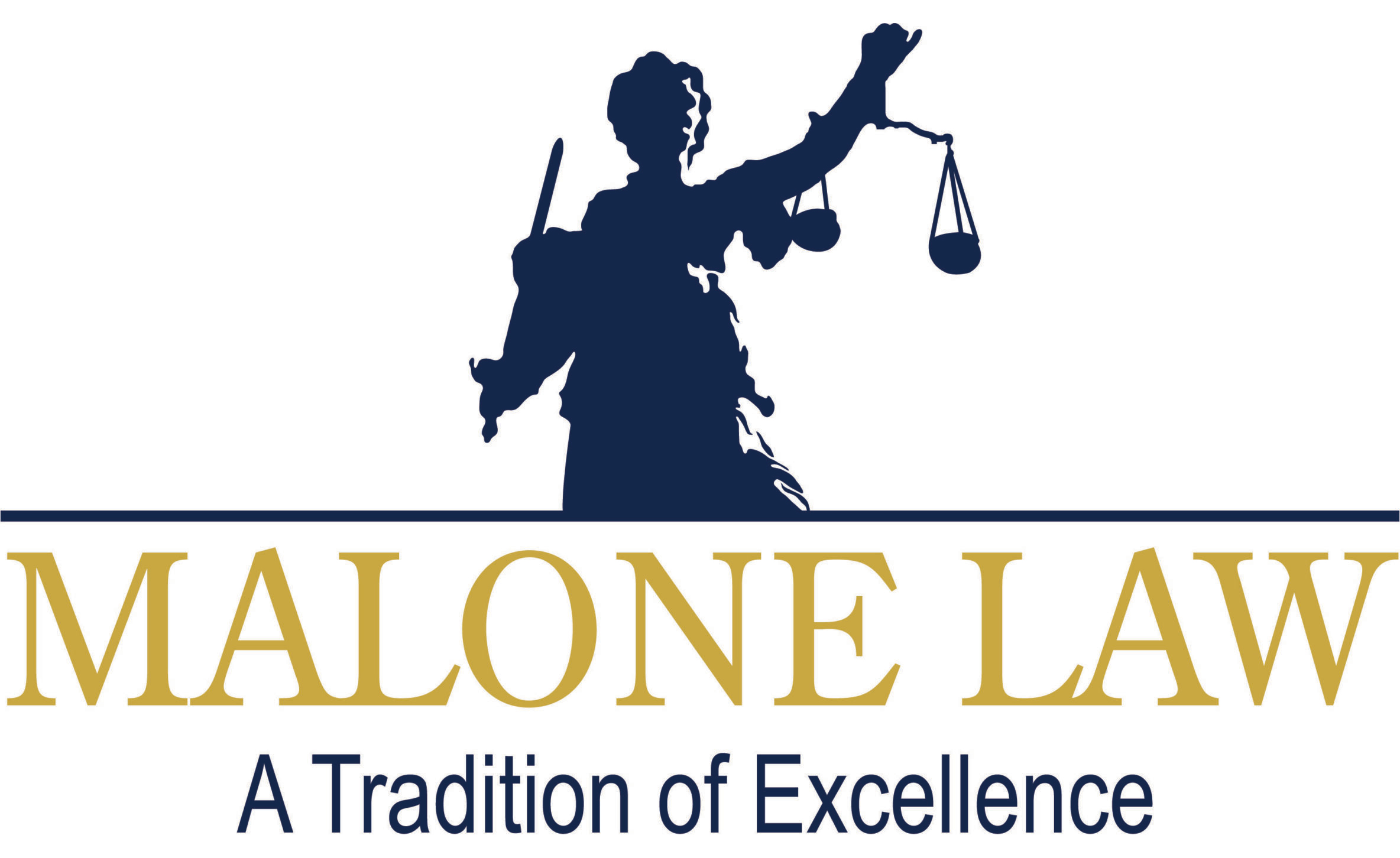
Chest injuries can range from minor to severe. Sometimes, what seems like an insignificant injury can result in complications that have a major impact on your health and finances. If you find yourself struggling financially due to the effects of a chest injury, a personal injury lawyer can help you identify whether you qualify for compensation.
What Are Common Types of Chest Injuries?

Any injury to the chest area falls under the umbrella term “chest injury.” Because the chest houses bones, muscles, and organs, there are a number of different ways your chest can be injured.
All chest injuries fall into one of two groups: penetrating or blunt force. A penetrating injury is one in which some type of object penetrates part of the chest, while blunt force trauma refers to a non-penetrating injury.
Some of the many types of injuries that can fall into the category of chest injury include:
- Fractured ribs
- Pulled or torn muscles
- Soft tissue injury
- Diaphragm injury
- Esophagus injury
- Trachea injury
- Aorta injury
- Lung injury
- Heart injury
- Internal bleeding
Because the chest houses the heart and lungs, a serious chest injury can easily be fatal.
Serious chest injuries to the heart or lungs include:
- Pulmonary contusion (bruised lung)
- Traumatic pneumothorax (collapsed lung)
- Cardiac tamponade (heart pressure)
- Hemothorax (blood between chest and lung)
These serious medical conditions can have a significant long-term impact on an individual’s overall physical health. They run the risk of not healing fully over time, and they often incur significant medical expenses and loss of wages during the treatment and recovery period.
How Do Chest Injuries Happen?
Chest injuries happen every day. The chest often sustains a significant portion of the impact in many different kinds of accidents.
Some of the types of accidents most likely to result in a chest injury include:
- Car accidents
- Truck accidents
- Motorcycle accidents
- Workplace accidents
- Construction accidents
- Slip and fall accidents
- Sports injuries
- Physical assaults
- Gunshots
- Accidents involving defective products
- Medical malpractice
The chance of suffering a chest injury increases in certain situations. For example, construction workers are at a higher risk of experiencing a chest injury than many other types of workers. Falling, being crushed by equipment, or being injured by a defective piece of equipment are all common construction accidents that routinely lead to chest injuries.
What Are the Potential Signs of a Chest Injury?
Sometimes, a chest injury is impossible to ignore. However, chest injuries aren’t always immediately apparent, especially when they aren’t penetrating injuries. Any type of wound in the chest area is a clear sign that the chest has been injured.
However, common signs of a chest injury that doesn’t involve a penetrating wound include:
- Pain
- Heart palpitations or irregular heartbeat
- Breathing difficulty
- Irregular breathing
- Discoloration
- Bruising
- Limited mobility
- Changes in shape or appearance
Any time you suspect that a chest injury has occurred, you should seek immediate medical care. Sometimes, an injured person may think they’ve simply had the wind knocked out of them when, in fact, they’ve suffered a life-threatening injury. Even minor pain in the chest area is cause for concern and merits seeing a doctor immediately.
How Do You Treat a Chest Injury?
Exactly how a chest injury is treated depends on the type of injury. More serious chest injuries, especially those that involve the heart or lungs, may require emergency surgery.
Even when the heart or lungs are not directly injured, treating trauma to the chest typically first involves stabilizing the injured person’s breathing and heart rate. After these are stabilized, the injury itself is treated.
Treating penetrating wounds may first require the removal of a foreign object, like a bullet or piece of metal. From there, any additional treatment will be performed before the wound is treated and closed.
Specific treatment methods can depend heavily on how the injury has impacted the individual. For example, treating a collapsed lung may require first draining any air or blood in the chest and then reinflating the lung.
What Are the Long-Term Impacts of a Chest Injury?
The long-term outcome of a chest injury depends on the type of injury and any complications that arise. Minor injuries and less serious injuries, like a fractured rib or soft tissue damage, tend to result in an eventual full recovery.
Serious injuries, especially those that lead to organ damage, have a more uncertain prognosis. The extent to which a heart injury or lung injury heals can depend on many factors, like how the organ was injured and the overall health of the injured person.
Potential complications and long-term issues that can arise with a chest injury include:
- Nerve damage
- Reduced mobility
- Heart damage
- Heart failure
- Breathing problems
- Respiratory conditions
- Chronic pain
- Chest deformities
- Depression
Chest injuries can also lead to serious complications like infection or pleural sepsis. When chest injuries don’t result in a full recovery, the resulting health issues can have a significant impact on both earning ability and quality of life.
What Compensation Can You Get For a Chest Injury?
If a chest injury harms your health and finances, a personal injury lawyer can help you identify whether you’re eligible for compensation. Recovering compensation for a chest injury depends on proving that someone else is liable for your injuries. How a lawyer achieves this depends on how your chest injury happened.
If you sustained a chest injury in a car accident, you can try to recover compensation through the other driver’s insurance policy. If your injury was caused by a dangerous or defective product or piece of equipment, you might be able to file a product liability claim.
Personal injury compensation can reimburse you for a variety of costs associated with your injuries.
These can include:
- Medical bills
- Specialist and therapist costs
- Ambulance bills
- Attendant care costs
- Medical device costs
- Prescription medication costs
- Lost wages and benefits
- Pain and suffering
If your loved one died as a result of a chest injury, wrongful death compensation can also reimburse you for funeral and burial costs and the expected lifetime wages of the deceased.
Consult an Atlanta Personal Injury Lawyer Today If You’ve Sustained a Chest Injury
A chest injury is an unexpected blow that can have a costly long-term impact on your life. If you or a loved one have sustained a chest injury in Atlanta, GA, Malone Law Medical Malpractice and Severe Injury Lawyers may be able to help you recover compensation. Our team of experienced personal injury and medical malpractice attorneys has a strong track record of recovering compensation that often reaches eight figures.
Call Malone Law Medical Malpractice and Severe Injury Lawyers to schedule a consultation with an Atlanta personal injury attorney today.

